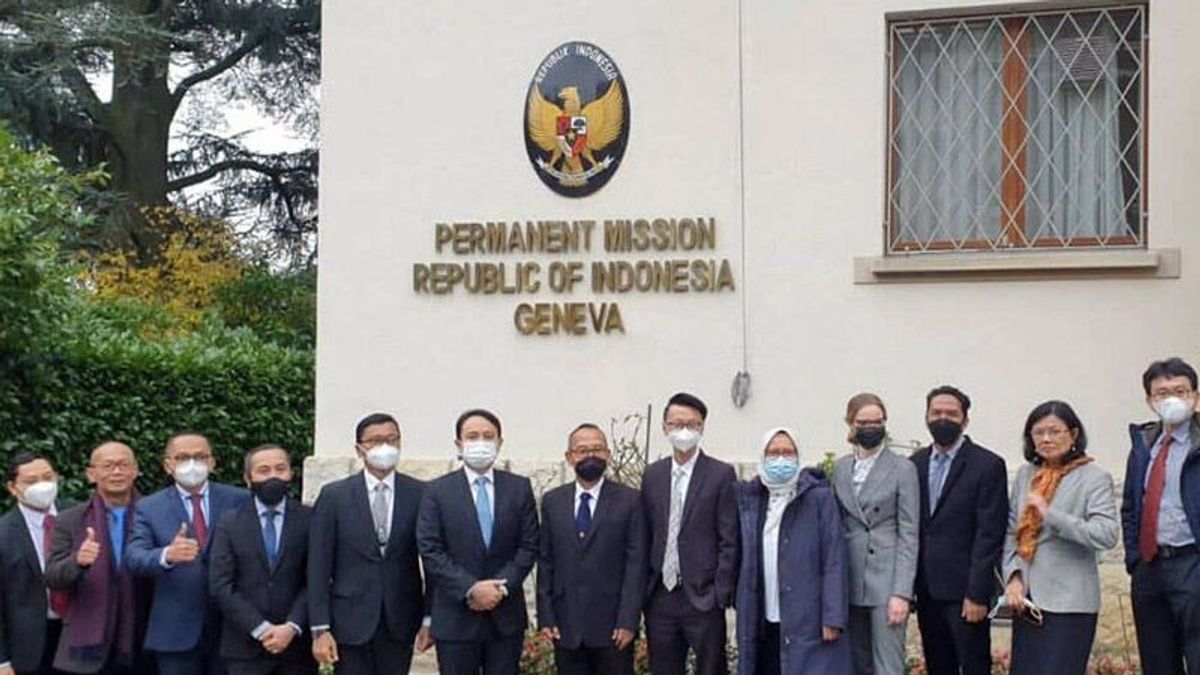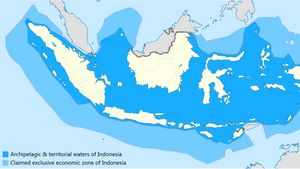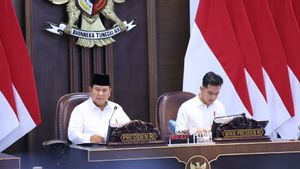Energy Economy Observer at Gajah Mada University (UGM) Fahmy Fadhi said two instruments that the government could use to continue to encourage nickel downstream despite the WTO decision regarding the ban on nickel exports.
The two instruments are the imposition of export taxes and the Domestic Market Obligation (DMO) policy.
However, Fahmy said the two instruments must be carried out when there is an inkrah decision from the WTO.
"The appeal (at WTO) takes 1-2 years. While waiting for the inkrah decision, in my opinion, the export ban should not be revoked. Only after the inkrah is revoked, the government can use the two instruments," he said, quoted from Antara, Friday, December 9.
Fahmy assessed that both export taxes and DMO rules did not violate WTO provisions regarding the ban on the export of nickel ore being sued by the European Union.
Export tax, continued Fahmy, is also considered necessary because so far this provision has never been imposed on mineral commodities such as nickel and coal.
"So, maybe the government can make export tax instruments so that they can be sold domestically, it can be cheaper than if exported. If exports plus export taxes. If sold domestically there is no tax, the price can be cheaper so nickel entrepreneurs don't want to sell nickel domestically and encourage downstreaming," he said.
Fahmy assessed that the DMO provisions or the obligation to sell domestically for nickel commodities will be able to encourage downstream efforts in public greetings.
"With the two instruments, I think the defeat in the WTO is not a problem at all. Especially in the time of the ban (export of nickel ore) until now, the nickel industry ecosystem from upstream to downstream has begun to form, there is already a market," he said.
Fahmy acknowledged President Jokowi's intelligence and courage to encourage increased value in the country through downstreaming starting from the export ban on nickel ore in 2020.
He assessed that the policy against nickel would set a good precedent for other mining commodities such as bauxite, tin and copper, which were also said to be driven by an increase in added value in the country.
"I think this is Jokowi's move which is quite smart and brave. And I hope this is applied to bauxite, tin and other commodities," said Fahmy.
The English, Chinese, Japanese, Arabic, and French versions are automatically generated by the AI. So there may still be inaccuracies in translating, please always see Indonesian as our main language. (system supported by DigitalSiber.id)












